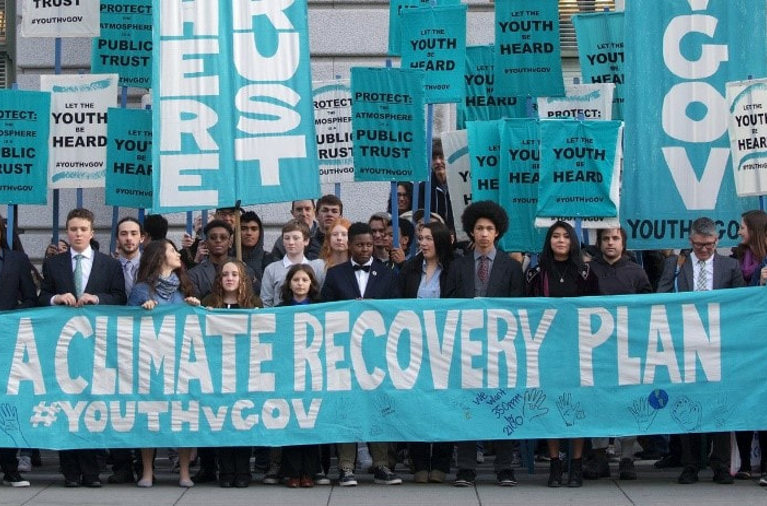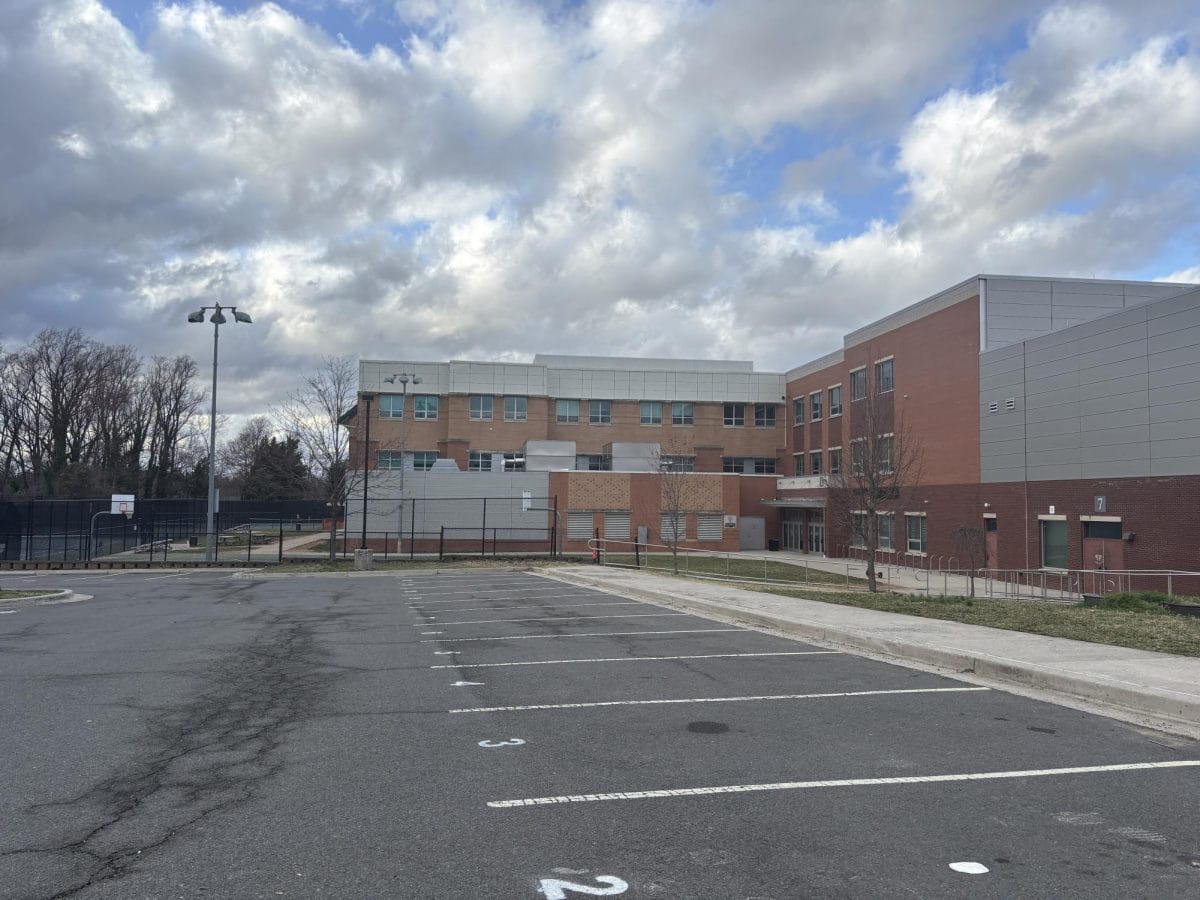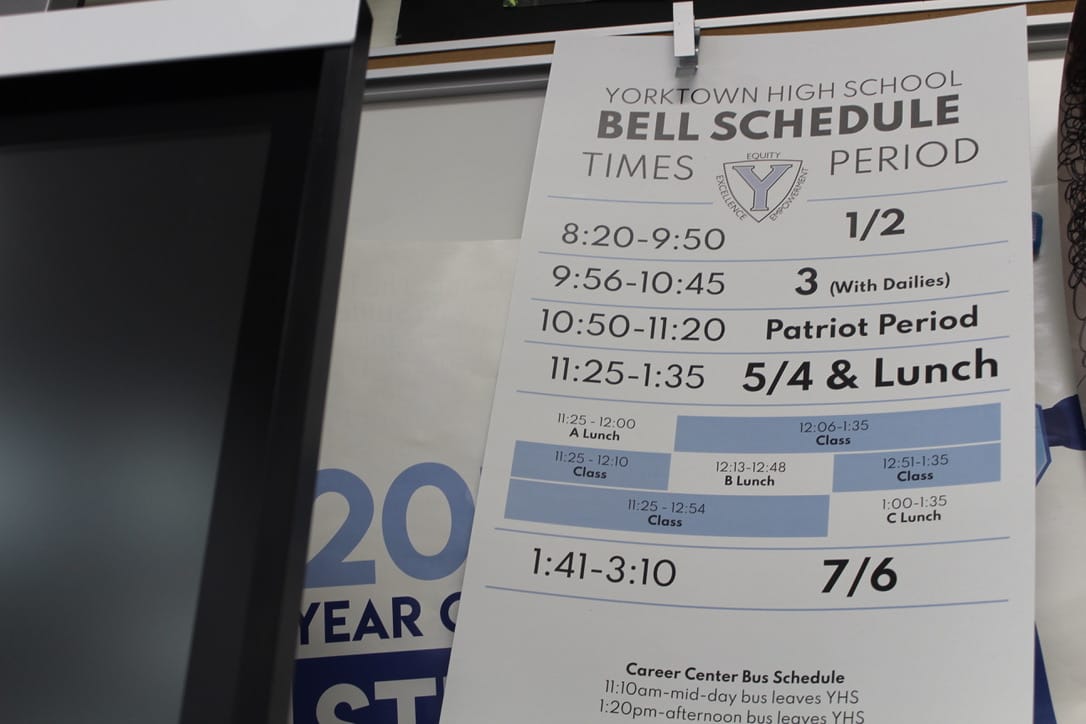Climate change has been a prevalent issue since the first use of fossil fuels during the Industrial Revolution, and it has only gotten worse. While many environmental conservation groups have attempted to limit the United States (U.S.) government from allowing as many greenhouse gas emissions in America, few have come closer than the plaintiffs in the case of Juliana vs. the United States. This group, aiming to block the use of fossil fuels in the U.S., is anything but ordinary. It is comprised of teens and young adults between the ages of 11 and 22, all of whom believe that their homes are at risk in the future due to climate change. Their inspiring journey began with Kelsey Juliana, who in 2015 filed the lawsuit against the U.S. alongside 20 other youth, urging the government to consider climate change as a constitutional responsibility that should be addressed on a federal level.
The U.S. currently produces about 17 percent of global greenhouse gas emissions, yet still refuses to do anything about it. In 2016, President Barack Obama signed the Paris Agreement, a United Nations effort to combat climate change, but President Donald Trump backed out of the agreement in 2017. While the agreement has been unsuccessful as of late, the refusal of the government to admit and attempt to change its contribution to greenhouse gas production has reduced the opportunity to atone for the blatant fact that our current national leaders do not care about the environment.
Government officials’ refusal to care may ultimately be their downfall, however. In the case of Juliana v. United States, approximately 50 years of evidence compiled from federally-subsidized scientific reports and environmental surveys point glaringly to the fact that the U.S. government has known about the effects of climate change since the presidency of Lyndon B. Johnson. And still, barely anything has been done to change it, despite the fact that climate change has cost the federal government billions, even trillions of taxpayer dollars. Much of this money has been used to pay for reparations and federal aid assistance in the event of natural disasters such as hurricanes, which have become more intense and more frequent due to climate change. Another way this money is being used is to subsidize energy companies, specifically those drilling for oil and natural gas, and often making use of federal land such as national parks.
Unfortunately, it seems as though little will happen even if the case is won by the young plaintiffs, as the issue will likely be assigned to the Environmental Protection Agency (EPA), which currently suffers from critical underfunding. A remedy to this problem may lie outside the United States, however. The Paris Agreement, as mentioned before, was signed by 55 countries but is absent, notably, of a signature from the United States. If the U.S. were compelled to join this coalition as a result of losing this case, the increased pressure from other countries and, to a lesser extent, the United Nations may cause the issue of climate change to be prioritized in this country, as it should be.
The failure of Congress and the Supreme Court to recognize climate change as a pertinent issue and instead focus on petty partisan differences perfectly illustrates their disregard for protecting our planet for future generations. It is imperative that the effects of climate change be treated seriously by our leaders, whose promises of making the U.S.safer have neglected to take into account the global implications of being the largest oil and natural gas producer in the world. Thanks to these 21 young adult plaintiffs, however, it seems that the government has finally realized that they must take responsibility for their actions or face the consequences.







































